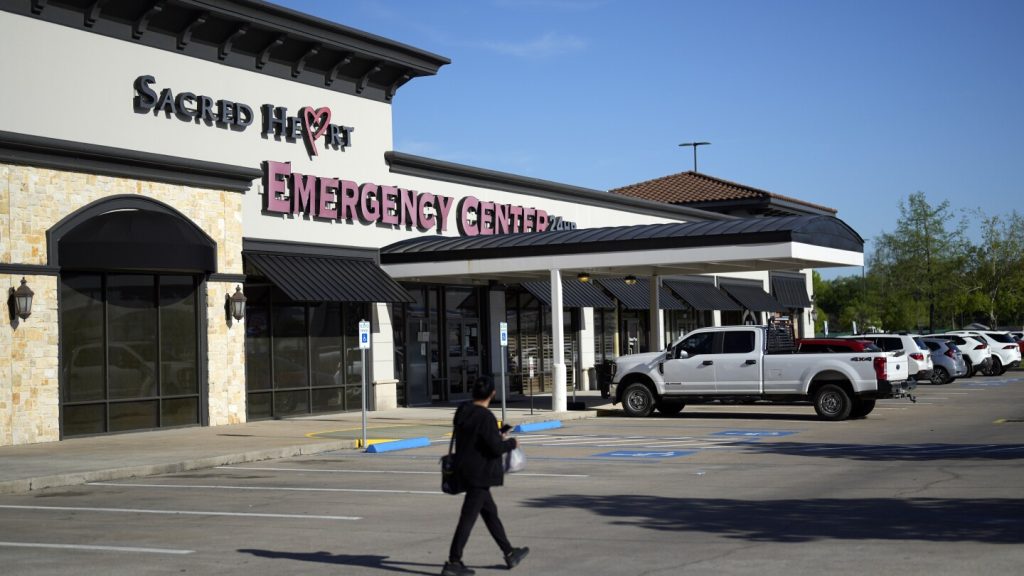The U.S. has seen a rise in complaints from pregnant women who were turned away from emergency rooms after the Supreme Court overturned Roe v. Wade. This has raised concerns about the state of emergency pregnancy care, especially in states with strict abortion laws. Despite federal mandates requiring emergency rooms to treat or stabilize pregnant patients, many facilities have failed to comply with the law. The Biden administration has sued Idaho over its abortion ban, arguing it conflicts with federal law.
Pregnant patients have faced discrimination in states with extreme abortion restrictions, leaving them feeling unwanted and scared. In some cases, women in active labor were turned away from hospitals, leading to tragic outcomes. Investigations into complaints of emergency pregnancy care revealed numerous incidents where pregnant women were denied treatment. The federal government has been slow to release information on these investigations, and it is unclear what penalties hospitals might face for violating the law.
Some pregnancies ended in tragedy due to being turned away from emergency rooms, with one woman miscarrying in a restroom lobby while hospital staff refused to help. Despite federal laws requiring hospitals to treat or stabilize patients, many facilities have been failing to provide adequate care to pregnant women in need. Emergency rooms that violate these laws can face hefty fines and risk losing Medicare funding, but it can take years for penalties to be imposed.
President Biden and top U.S. health officials have vowed to enforce the law and ensure that pregnant patients receive the care they need in emergencies. Even as states pass restrictive abortion laws, the White House has stressed the importance of hospitals providing stabilizing care, including abortions, to patients in need. The Supreme Court will hear arguments on the issue, which could have implications for other states with similar abortion restrictions.
If the Supreme Court weakens the protections provided by the Emergency Medical Treatment and Labor Act (EMTALA), hospitals may feel emboldened to turn away patients without fear of federal penalties. EMTALA was introduced to prevent hospitals from denying care to patients in need, and its enforcement is crucial to ensuring that pregnant women receive the care they require in emergencies. The government is monitoring these situations and taking action to address violations of the law.
The outcome of the Supreme Court case regarding EMTALA and abortion laws could have far-reaching effects on emergency pregnancy care in the U.S. Advocates are concerned that weakening these protections could lead to more pregnant women being denied treatment at hospitals. The government’s investigation into these incidents highlights the need for continued vigilance in enforcing laws that protect the rights and health of pregnant patients. It remains to be seen how the Supreme Court will rule on the issue and what impact it will have on emergency medical care for pregnant women.


